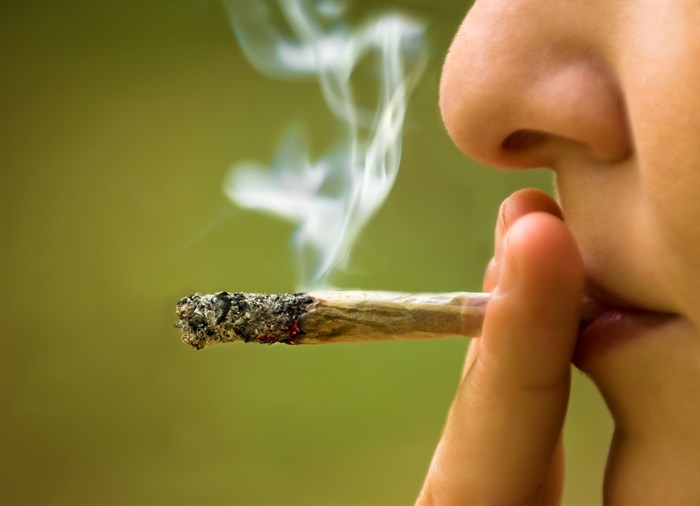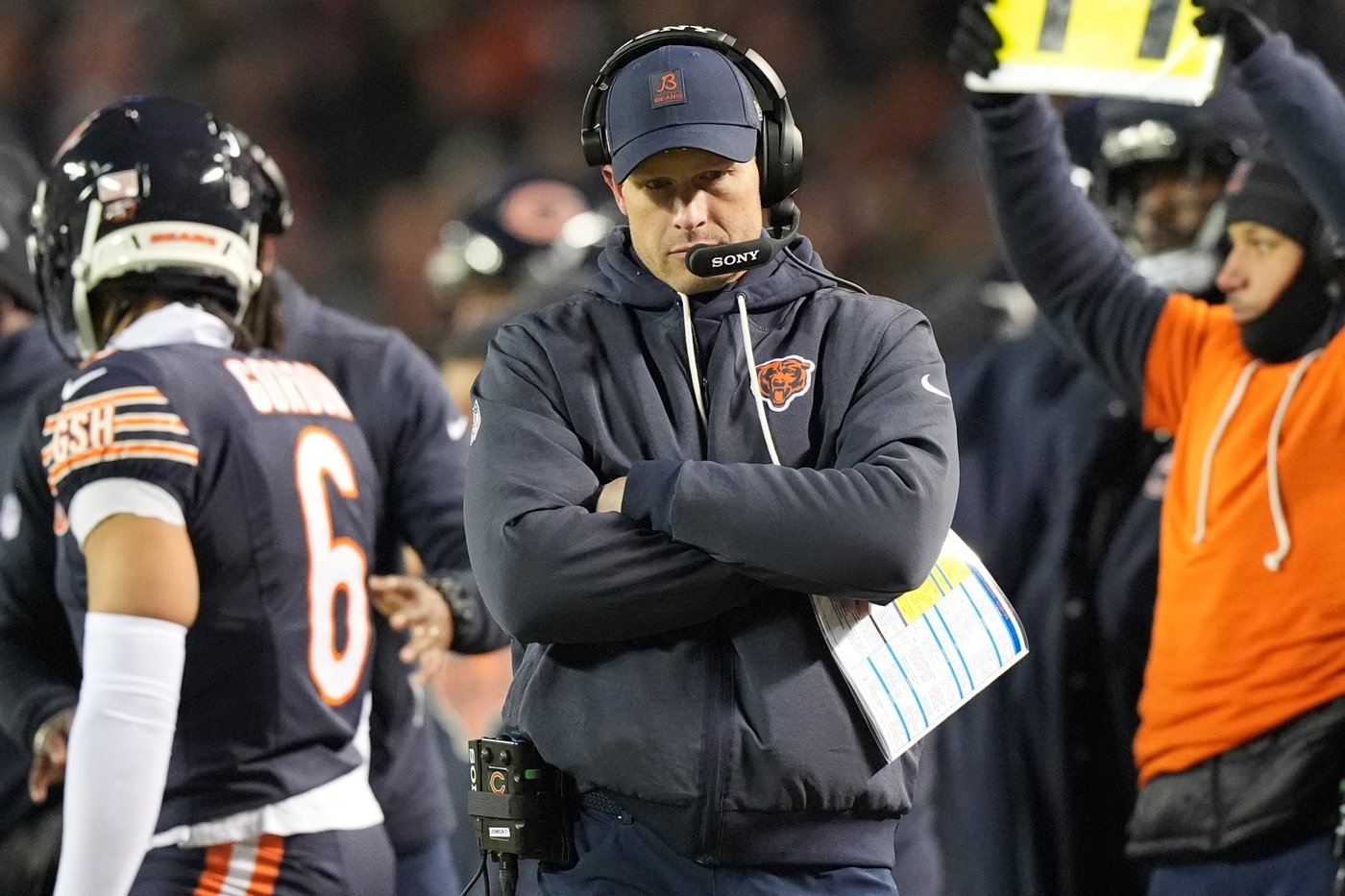Summerland looks at potential for cannabis use at public events
Summerland Mayor Doug Holmes drew a few laughs at a recent council meeting when he quipped that allowing cannabis consumption at the annual Christmas Light Up celebration would give a whole new meaning to “light up.”
His remark came as Council discussed a recent letter from the provincial government’s Liquor and Cannabis Regulation Branch (LCRB), which announced it is reviewing cannabis market controls and exploring the possibility of “enabling cannabis sales” at public events.
“We invite you to review the attached discussion papers and share your perspectives,” the letter stated.
“Your input will help inform our policy development and ensure we understand and consider the priorities of local governments in British Columbia.”
The LCRB is inviting feedback either through written submissions or by requesting a meeting with its management. Submissions will be accepted until September 1, 2025.
In spring 2022, the provincial government launched a broad consultation aimed at supporting a strong, diverse, and safe legal cannabis sector. That engagement revealed a growing interest in expanding cannabis hospitality opportunities.
In January 2024, the Province took its first step by allowing cannabis consumption in designated public patio areas where tobacco smoking and vaping are already permitted—subject to Indigenous nation or local government bylaws and other regulations.
Now, as a next step, the LCRB is examining how to enable cannabis sales at public events. It is seeking input not only from municipal councils, but also from Indigenous governments, cannabis retailers, federally licensed producers, industry organizations, and other stakeholders.
Between August and September 2024, the LCRB held preliminary engagement sessions with industry leaders and Indigenous partners to understand the potential impacts.
Key takeaways included suggestions that legal cannabis sales at events could improve public safety by displacing illicit sources already present.
There was also interest in opportunities for consumer education, use of experienced retailers for age verification and intoxication detection, and strengthening community partnerships through a formal presence at local events.
Cannabis consumption is legal for adults aged 19 and older in Canada, except where explicitly restricted. Smoking or vaping cannabis is prohibited in public places such as playgrounds, sports fields, skate parks, swimming pools, splash parks, public buildings, workplaces, common areas of residential buildings, and within six metres of doorways, air intakes, or windows. It is also banned in regional and municipal parks—except designated campsites—and on health board properties, unless in designated smoking areas.
At the meeting, Council had a thoughtful discussion about the implications of the proposed changes.
“They [the provincial government] are looking for local government stakeholders to submit feedback,” said Coun. Adrienne Betts. “I thought this was a good opportunity to weigh in on this kind of change.”
Chief Administrative Officer Graham Statt noted that while the Province has not formally requested a response from Council or administration, it clearly wants community leaders to consider the issue and offer input.
Betts interpreted the request as an invitation to weigh the “risks and benefits” of permitting cannabis sales and use at public events.
“We have a number of small businesses in our community that are cannabis vendors,” she said. “I just wanted to know if it’s okay for me to submit some feedback—or if others would prefer to do so—because I think it’s important that we respond.”
Statt added that the Province is actively engaging cannabis license holders, Indigenous governments, and other stakeholders for feedback on the proposal.
“For the purposes of this letter, I think they’re wondering if we have anything to say that we’d like them to consider,” he said.
Betts pointed out that at last year’s Christmas Light Up event in downtown Summerland, a designated smoking area was provided for adults legally consuming cannabis.
She predicted that the Province may move beyond simply allowing cannabis use to also permitting retail sales at public events—similar to how beer is served in beer gardens.
“I think this is an evolution and a step forward in cannabis policy,” said Betts. “They’re just looking for feedback.”
It was at this point that Mayor Holmes delivered his joke: “It gives a whole new meaning to ‘light up.’” He added more seriously, “When cannabis was first legalized, there was talk about revenue-sharing with municipalities—but that never happened. My question is: what about that? Though that’s probably not the kind of feedback they’re looking for.”
Coun. Erin Trainer reflected on her experience as the former manager of the Penticton Farmer’s Market.
She noted that while it was initially a “huge deal” when alcohol sales and consumption were permitted, the issue ultimately became a non-event.
“After all the dust settled, it turned out to be not that big of a deal,” she said. “The difference is that, with liquor, a small wine sample doesn’t affect others around you. But with some cannabis products, especially when smoked, the smell can impact others.”
Trainer emphasized that any new cannabis legislation must take existing municipal non-smoking bylaws into account.
“To me, that’s important to maintain,” she said. “But if they’re selling different cannabis products at a farmer’s market, I don’t think it’ll be a big deal.”
Council passed a motion to receive the LCRB’s letter for information and expressed support for providing feedback, as suggested by Betts and Trainer.
— This story was originally published by the Penticton Herald




